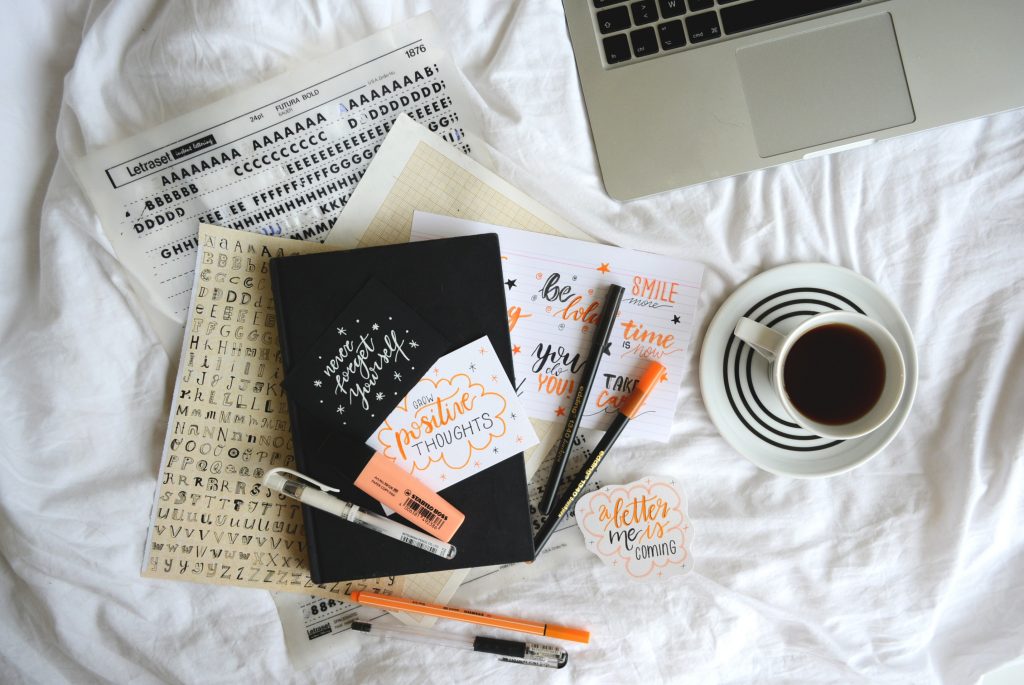
I have a client who is stuck. Let’s call her Maria. Maria needs help. She wants to ensure she’s making the right decision about her future.
Maria returned to the UK after living in Australia for a year or so, working as a personal PA. She spent the past few years doing jobs that haven’t challenged her or helped her learn or grow. As she puts it, she’s ready to do something which is going to force her to use her brain.
Maria thinks she knows what her next step will be, to do a four year part-time course in nutrition. But she’s questioning herself, wondering if this is just a whim. Is this the right decision? Is she interested enough? Will it be a viable career? Can she make money as a nutritionist? Does she want to spend the next few years studying, what about money?
Break it down and build a realistic picture
When you are in a situation like this, it’s good to break down all your questions and worries and do as much research as possible. It’s the same process whether it’s a course, a job offer, starting up a business on your own. The aim is to build a more realistic picture of what this will look and feel like, and then make the right decision based on what you discover.
For example you might be worried about the future, wondering how easy it would be to get a job with your new qualification. Nothing is certain, but you can get a clearer idea. See if the course leader can put you in touch with past students and find out what they are up to now.
This way you can find out what’s realistic. Research jobs that appeal and are a viable next step; working as a nutritionist, working in the food production industry, perhaps writing articles for a food and wellness magazine. Get as full a picture as possible on what different opportunities there may be, and what appeals to you.
The best way to deal with a difficult decision is to be as informed as possible.
So if the course content is a worry, again, arrange to talk to the course leader and find out more detail. What exactly will you be studying each week, each term? Will it cover everything you want to know? Will there be content on setting up your own business – if that’s a route you’re interested in? How many hours of study will you do per week? How much extra reading will you need to do?
Does what you find out seem interesting and exciting, or dull and off-putting?
And if money is worrying you – what can you do about it? Could you do a part-time job alongside studying, how would that fit in? Would that support you? Would you have the time? Do you need to save up first?
You’ll be better equipped to make a decision once you’ve carefully considered all of the above, and you’ve written notes and ideas and plans. And it’s important to listen to yourself. Are you drawn towards this course, this imagined life? Are you full of energy thinking about it, are you excited? Or are you withdrawing, feeling uneasy, feeling trapped?
There is no certainty, but once you’ve put as much research into your decision as possible it will help.
If you’d like to work with me on some coaching sessions, find me on LinkedIn and send me a message, or email me at joaopoku@gmail.com.
Written during Writers’ Hour. Join me on the next one.
Photo by Han Lahandoe on Unsplash




